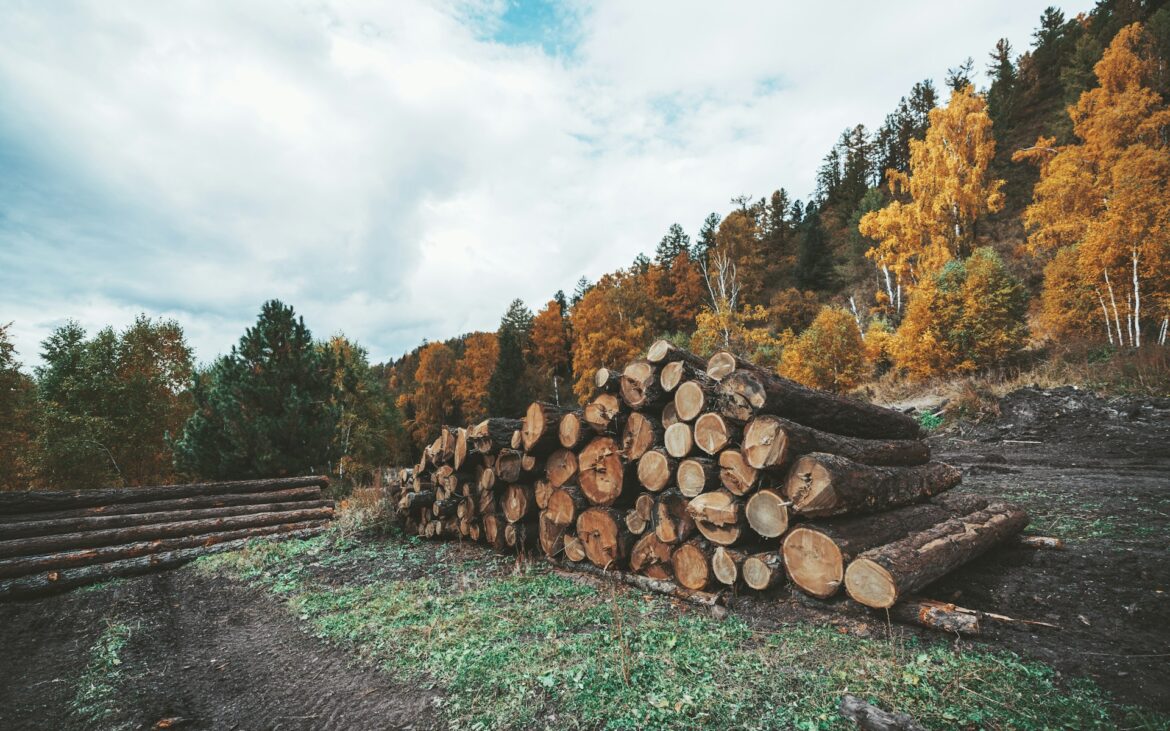By John Chilibeck | The Daily Gleaner
New Brunswick might charge timber and paper companies less money for cutting trees on public land should the United States impose another round of punishing tariffs on the wood industry.
Facing questions during main estimates on Tuesday, Natural Resources Minister John Herron told a legislative committee he was prepared to defend what he called New Brunswick’s principal economic engine, worth $3 billion a year in exports and employing close to 24,000 people.
“We know if the wood stays in the forest, the sawmills don’t turn,” he said. “We’re paying very close attention to that.”
There’s growing fear that U.S. President Donald Trump will announce additional tariffs on Canadian wood products on Wednesday, which he has dubbed “Liberation Day,” as he seeks to build a protectionist wall around his country and dispense with signed free trade agreements.
His first administration started imposing tariffs on Canadian softwood lumber in 2017.
The U.S. Commerce Department has since routinely renewed anti-dumping and countervailing duties on Canadian softwood.
J.D. Irving, Limited, the province’s biggest timber firm, pays a combined anti-dumping and countervailing duty of nearly 12 per cent on its softwood at the border.
New Brunswick’s other big softwood producers, including Arbec, H.J. Crabbe and Sons, Marwood, and Twin Rivers pay a rate of closer to 15 per cent.
Last year, U.S. Customs and Border Protection told Brunswick News that roughly $6.2 billion in softwood lumber tariffs had been collected from Canadian lumber producers at the United States border since tariffs were slapped on.
Of that total, New Brunswick firms have paid more than $430 million in duties.
Herron told the House on Tuesday he wants to protect the $2 billion in payroll the industry spends on its workers.
The average annual wage works out to $83,000, much higher than the average wage in the province of about $46,000. There’s also the trickle-down effect in the 10 communities where the industry is the number one employer, with shops, restaurants and other businesses serving those high earners.
But lowering stumpage fees – or royalties on trees cut on Crown land – would also feed into the arguments made by the United States for imposing countervailing duties in the first place.
The lumber lobby south of the border claims that Canada is competing unfairly because most of its raw product – the wood – comes cheaply from public land, whereas in the United States it mostly comes from private land at a stiffer price.
Herron didn’t divulge on Tuesday how much of a break the Lib-eral government would be willing to give the industry.
Margaret Johnson, a Progressive Conservative MLA whose riding of Carleton-Victoria straddles the border with Maine, where much of the lumber is transported, asked Herron if his Liberal government would ask Ottawa to seek an exemption to the softwood lumber duties, as it had in the past.
Herron replied that he’d already met twice with industry officials to talk strategy. The meetings coordinated by Forest NB, the industry association, were split between the softwood sector and the hardwood sector.
“There’s likely not a government in Canada with such a tight relationship with the industry,” Herron said.
The Holt Liberal government is also thinking of ways it can convince a Saskatchewan firm to re-open its massive potash mines near Sussex.
Nutrien suspended operations at the Picadilly mine in 2016, throwing more than 400 people out of work. It announced the permanent closure of the facility in 2018.
Under questioning from Tory MLAs Don Monahan of of Arcadia-Butternut Valley-Maple Hills and Kathy Bockus of Saint Croix, the minister said the new Liberal government would come up with a “use it or lose it” policy that would force the company to re-open the mine or give up the lease the government had given it.
Potash is a hugely important fertilizer in the global food supply, and the deposits in New Brunswick are the only ones on North America’s eastern seaboard. The province has 153 million tonnes of economically recoverable potash, Herron said.
When Monahan asked if the provincial government would simply expropriate the land, Herron replied that it wouldn’t be necessary. He said the government had other “tools” at its disposal, without outlining what they were.
But before taking any action, the minister wants his department’s officials to talk to Nutrien executives in Saskatoon, the firm’s headquarters in Saskatchewan. He wants those discussions to be held before June.
“We need more clarity,” Herron said. “We need to ask, ‘why aren’t you folks going after this?'” Time is of the essence, Herron said, noting that it would take up to two years just to restart operations at the massive mine.





